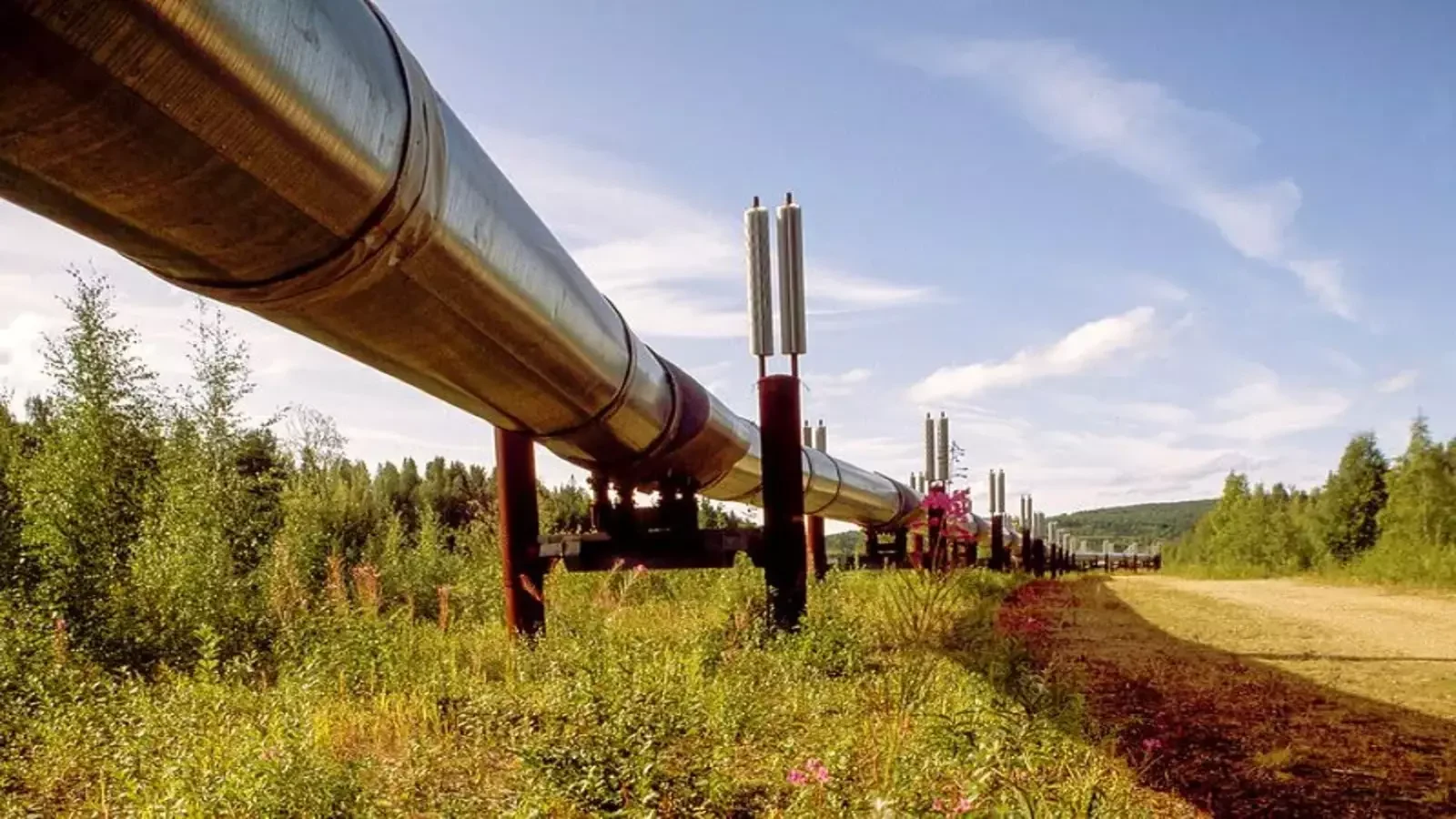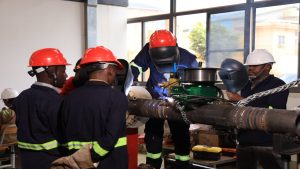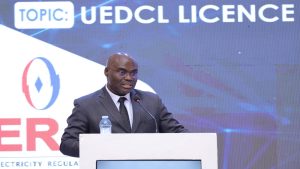Share
Panyu Chu Kong (PCK) Steel Pipe has stated that it is prepared to deliver the first 100 kilometers of the “Smart Crude Oil Pipeline.” These pipes are an important part of the East African Crude Oil Pipeline (EACOP) project, which would allow Ugandan oil to be transported from Hoima to the Tanzanian port of Tanga.
During a meeting with a group from the Petroleum Authority of Uganda (PAU), led by Executive Director Ernest Rubondo, PCK President Xie Leshan underlined the company’s commitment to guaranteeing timely delivery and high-quality pipes. The first set of pipes is now being transported to the port of Tanga in Tanzania.
PCK’s announcement reaffirmed China’s engagement in the EACOP project, highlighting the substantial role that China and Chinese enterprises are expected to play in the pipeline’s development. Some Western financial institutions and insurance companies have decided not to support the project.
CNOOC Uganda Limited, TotalEnergies EP Uganda, Tanzania Petroleum Development Corporation (TPDC), and the Uganda National Oil Company (UNOC) are significant stakeholders in the EACOP project.
Ernest Rubondo, Executive Director of PAU, emphasized the preparedness of the first 100 kilometers of pipeline as proof of the Ugandan government’s and oil firms’ commitment to delivering the “First Oil.” He also credited Uganda’s stable macroeconomic climate, as well as its legal and institutional structure, for facilitating the rise of the oil sector.
Ernest Rubondo and Liu Yongjie, Chairman of CNOOC International, addressed the status of the Kingfisher project and the commitment to delivering a successful project in Uganda during a visit coinciding with China’s Belt and Road Initiative summit. They investigated ways for commercializing Uganda’s oil and gas resources and maximizing in-country value.
Ernest Rubondo, Executive Director of PAU, emphasized the preparedness of the first 100 kilometers of pipeline as proof of the Ugandan government’s and oil firms’ commitment to delivering the “First Oil.” He also credited Uganda’s stable macroeconomic climate, as well as its legal and institutional structure, for facilitating the rise of the oil sector.
Ernest Rubondo and Liu Yongjie, Chairman of CNOOC International, addressed the status of the Kingfisher project and the commitment to delivering a successful project in Uganda during a visit coinciding with China’s Belt and Road Initiative summit. They investigated ways for commercializing Uganda’s oil and gas resources and maximizing in-country value.
Rubondo and Liu agreed that timely project delivery and the creation of national and community content are critical to the Kingfisher project’s success.
The party also paid a visit to the Qian’an steel factory of Shougang Beijing Group, a major supplier of steel plates used in pipe fabrication. Steel sheet quality and timely supply are vital to the pipeline project’s success, assuring the transfer of Kingfisher and Tilenga oil to Tanga for export.
This visit represents Uganda and China’s combined efforts in the oil and gas industry, with a focus on the successful completion of significant projects such as Kingfisher, Tilenga, and the East African Crude Oil Pipeline.
The PAU team met with representatives from several firms hired by TotalEnergies and CNOOC Uganda to perform work and provide services on oil and gas projects in Uganda. COOEC is in charge of detailed engineering design, procurement, and construction of the Kingfisher project Central Processing facility, COSL is in charge of drilling services, CENERTECH is in charge of well completions tools, core cutting and fishing, drilling software, and coating of the Kingfisher feeder pipeline, and CPP is in charge of above-ground installations.
The East African Crude Oil Pipeline (EACOP) would be capable of pumping up to 230,000 barrels of crude oil per day through a specially engineered “smart” pipe stretching 1,443 kilometers from western Uganda to Tanzania’s Indian Ocean coastline. Heat tracing, insulation, sensors, and cut-off valves will be installed in the pipeline to reduce the possibility of leaks and ensure the smooth flow of Ugandan crude oil.









